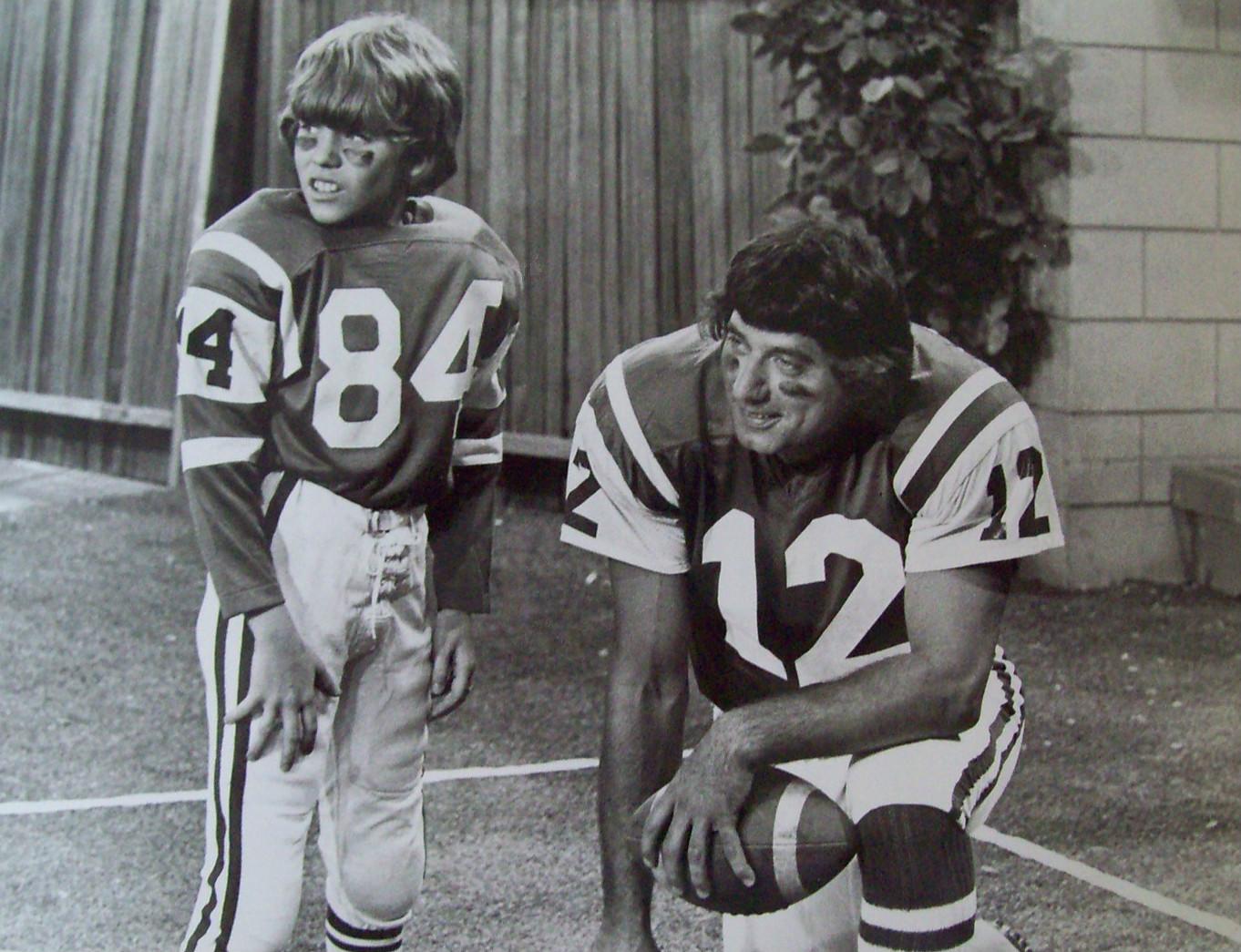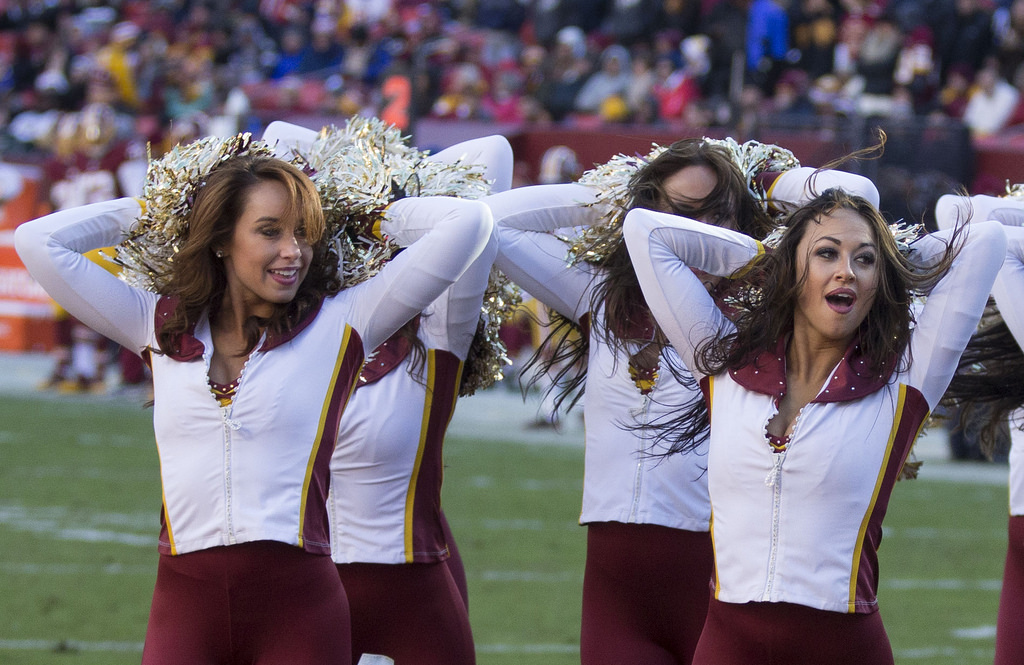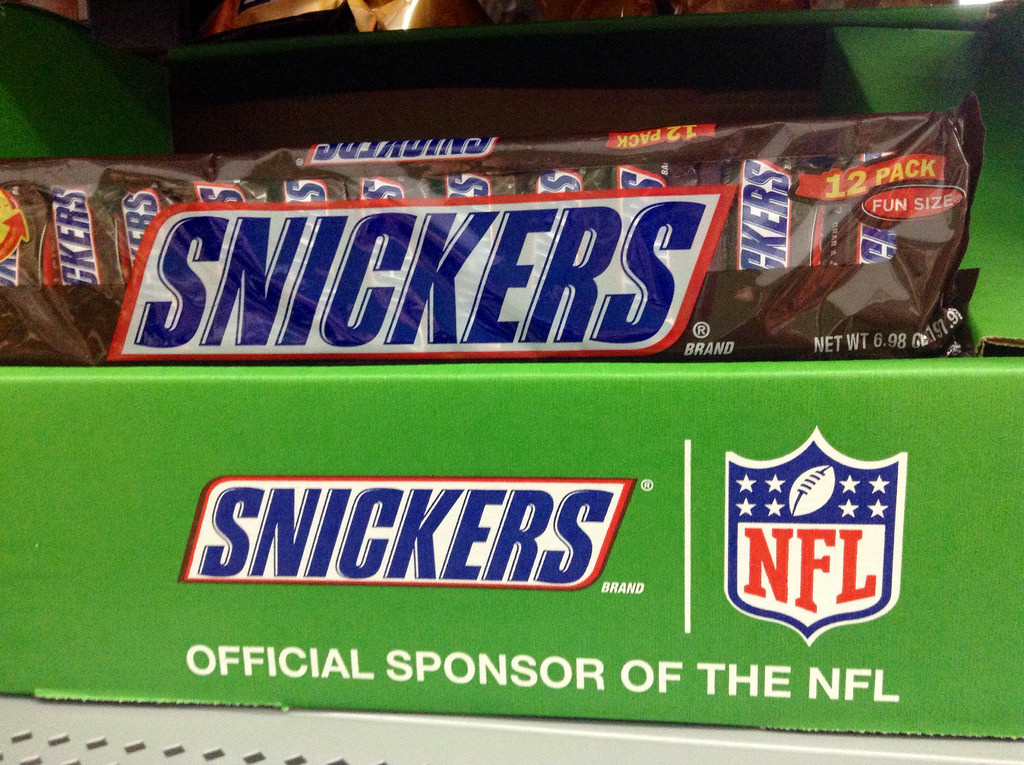America’s Game Slipping Out of Touch with American Values?
One of the most defining influences on my athletic career was when the New York Jets defeated the Baltimore Colts in the 1969 Super Bowl. The Jets, from the upstart American Football League, were lead by the brash, shaggy-haired, nightlife-loving Broadway Joe Namath. The Colts represented the “old line” National Football League and were lead by the crew cut straight-laced quarterbacks Johnny Unitas and Earl Morrill. I was a Jets fan and loved Namath. What he represented to me was that you could still be a great athlete without having to force yourself to fit the conservative mold of the old-line sports establishment. Namath taught me that you can be an athlete and still be yourself and do it your way.
Like me, many people, young and old, take their cues and mirror behaviors from what athletes or team owners say or do. For well over 60 years, the National Football League’s impact on American society and cultural norms has been significant. The NFL has aligned its’ brand with American institutions such as the military, law enforcement with a full embrace of the flag and patriotism. At the core of the league’s narrative and brand is positioning football as uniquely “American”. As a result, the NFL has served as a leading indicator and shaper of American cultural norms. But a closer look reveals a league that is handling a wide array of issues in a way that suggests that it is falling out of line with various, rapidly changing American values.
To date, linking its’ brand to all things American has served the NFL well. The problem, however, is that the cultural values and norms the NFL continues to embrace, remain locked in an American society of the 1950’s or 1960’s rather than American society and culture of today. While our society has been changing dramatically over the past several decades, largely for the good, the NFL has been mired in the quicksand of the past.
It is not surprising that the NFL has become breathtakingly out of line with several fundamental societal changes in norms and beliefs. The league is run by old, white, billionaire men who seem to be out of touch with today’s shifting cultural trends. Clearly, more than a handful of them think that America remains as it was is in the days of Henry Winkler’s Fonzie character in the TV sitcom “Happy Days”.
Clearly, there is something going on as it relates to football’s place in our culture. Television ratings are dropping. Participation numbers at the youth level for tackle football are declining. And media coverage, once unfailingly fawning, has become more critical and introspective. How much of these trends are a result of the NFL being behind the cultural times is hard to determine, but make no mistake, our society is changing rapidly and if the NFL does not acknowledge and address those changes accordingly, its’ cultural sway will likely diminish significantly.
In short, the world is passing the NFL “old boy’s club” by. Without significant change, the league and its values will become cultural dinosaurs. This is not to say that the league won’t remain popular and won’t attract a significant number of fans who will continue to watch football. Rather, it is to suggest that the values and policies it represents and embraces are becoming out of line with the beliefs of an increasing number of Americans. A case can be made that in the age of rapidly changing America values and demographics, as evidenced in the #MeToo and #BlackLivesMatter movements, the corresponding evolution of cultural norms and beliefs no longer line up with those of the league.
Gladiator Games: A Healthy American Value?
The ongoing revelations regarding the violent nature of the game and its impact on the players, particularly as it relates to brain trauma, is a good place to start. These revelations have resulted in increased scrutiny and skepticism regarding the gladiatorial nature of the game. While this might sound hyperbolic, but short of feeding the participants to lions, at a core level, there’s not much difference between Roman gladiator games and the modern day NFL. Both sacrifice the bodies and brains of participants in violent “combat” for the entertainment of the masses. And the league has only exacerbated that skepticism in its’ long-standing efforts to hide or downplay research on head trauma and it’s continued practice of stonewalling attempts of former players who are suffering from the effects of brain trauma from receiving compensation and health benefits. It all makes you wonder whether our obsession with brutal “Gladiator Games” is a healthy American value.
A Culture of Misogyny?
Another example is the way the league has handled the issue of domestic violence by its players. Typically, the NFL’s stance has been to brush over such incidents or to bend over backward to make excuses for them and by imposing a suspension of a few games on a player without really addressing the issue in a meaningful way.
Further evidence of the NFL’s misogynistic culture relates to how the teams treat their cheerleaders. The New York Times recently reported on a Washington Redskins 2013 cheerleader calendar photo shoot in Costa Rica. The women were required to pose topless or in body paint for the shoot, all while team sponsors and luxury suite holders were allowed to observe. And after the photo shoot, several of the cheerleaders were expected to accompany sponsors as escorts. But that is simply one example from one team. Throughout the league, cheerleaders are required to adhere to standards of behavior more suited to the stern morality of the Victorian Age than the 21st century, with restrictive rules on dating or even being seen in public with players, strict dress codes and excessively restrictive codes of conduct.
Kareem Abdul-Jabbar is not only the NBA’s all-time leading scorer but is also one of the most knowledgeable and thoughtful observers of the intersection of sport, race, civil rights and American culture. In an April 6, 2018 column in The Guardian titled, “The NFL’s plan to protect America from witches”, he writes, “a cheerleader in modest lingerie is fired; a player knocks out his wife on video and is suspended for two games. Boys will be boys, but girls must be what the NFL tells them to be.”
Talk about a slam dunk in summing up a troubling culture!
Remnants of a Plantation Culture?
And then there is the way in which the league has handled player protests relating to police brutality against black Americans lead by Colin Kaepernick. As a way to draw attention to the issue, players “took a knee” during the playing of the National Anthem. These actions have generated attention in a way that suggests that there may be a shift or an awakening taking place among athletes relating to how to leverage their visibility and standing in our society. There have been a sizable number of athletes throughout the country from the NFL, NBA and WNBA to colleges, high schools and even youth leagues who have knelt, sat, raised a fist or locked arms as a sign of unity with Kaepernick. That’s noteworthy.
What’s also noteworthy is that while several owners supported the players at first, their stance quickly changed when they began to get negative feedback from fans and television executives. Since then, the NFL has clearly blackballed Kaepernick and, as of this writing, they are apparently doing the same to his former teammate Eric Reid, who has been vocal in his support of this activist action.
Another example is the case of Chad Thomas, a recent third round pick of the Cleveland Browns who played college ball at the University of Miami. Thomas has already made a name for himself in the music business as a talented producer who has produced tracks for artists like Rick Ross, Kodak Black and City Girls and has been sampled by DJ Khaled and Drake. He can read and write music and plays nine different instruments. It’s an interesting reflection of the values of the NFL and football culture that he was repeatedly asked by teams during the draft evaluation process about his music career. As Master Tesfatsion wrote in BleacherReport.com (April 23, 2018), “NFL teams are uncomfortable when a football player pursues off-the-field interests, none more so than rap…It causes decision makers to question whether a player wants to be a rapper or a football player.”
As if you can’t do both?
The NFL seems to be saying that athletes are not worthy, smart, educated or well informed enough to speak out on societal matters that deeply impact them and their families or to have interests outside of football. It is ironic that often the same people who hold up those very same athletes as “role models” when they are scoring touchdowns and selling tickets, are the first to attempt to silence them for speaking out. Apparently, when athletes use their brains and intelligence to make a public stand or pursue other interests, they suddenly become radicals and ungrateful for the “privilege” of playing football.
Anti-Intellectualism in the Global, Creative Economy of the 21st Century?
There is another angle to the Chad Thomas example that is worth mentioning. While this applies to many sport cultures, it seems particularly prevalent in the football culture. Specifically, it is the thread of anti-intellectualism and the “dumb jock” stereotype that permeates the football culture. This attitude flows from the absolute obedience, discipline, and conformity that is demanded by coaches. In other words, as was made clear to Thomas, all that matters is football.
Without question, over the past century, football has played an important role in the development of our country. Football helped to strengthen our bodies and mold our character in a way that met the needs of a country emerging into a world military and industrial power. But we are now in a new age, an age where intellect, education and the ability to creatively manage and communicate large amounts of highly technical information will power our growth and continued development as a nation. Intellectual creativity, not single-minded conformity and gladiatorial feats, will be the currency of the future. Against this backdrop, we must consider whether the values and attitudes that permeate throughout not only the NFL but the entire football community, remain in line with the educational values and personal skills and characteristics that are necessary to succeed in the global, creative economy and the world community of the future.
NFL Profits vs Public Health?
In a March 28, 2018 piece that appeared in Vox, Julia Belluz writes about how major advertising sponsors of sports leagues and in particular, the NFL, are often food and beverage companies that peddle junk food to children. The association of these unhealthy foods (sodas, snack foods, etc) with sports, she writes, is “especially problematic – it fuses this healthy activity with this really unhealthy message.” Clearly, the NFL has a tremendous influence over and impact upon children. Given the childhood obesity problem in our country, could it be that, in its’ quest for profits in partnering with these industries, the NFL is actually having a negative impact on public health and the childhood obesity epidemic? While the league has made an attempt to promote physical activity in youth through its Play 60 campaign, the question is whether that is enough.
Granted, a few articles and some increased attention and critical analysis of its’ handling of these issues will not bring the NFL to its knees. But make no mistake, slowly and surely, things are changing as it relates to the role, influence and impact of football in our society. Football is facing growing public scrutiny that will continue to increase. And it should as a case can be made that certain values and societal norms, long promoted by the NFL, are not necessarily a reflection of today’s culture.
In short, American culture has changed significantly from when I watched Joe Namath and the Jets defeat the Baltimore Colts in the 1969 Super Bowl. While the NFL’s cultural influence remains powerful, the fact is, if those old, white, male, billionaire owners don’t get their heads out of the sand and recognize that we are long past the “Happy Days” of Fonzie, Ritchie, Joanie, and Mr. and Mrs. Cunningham, the NFL’s cultural relevance and influence will, like the skills of an aging superstar quarterback, slowly but surely wither away.




